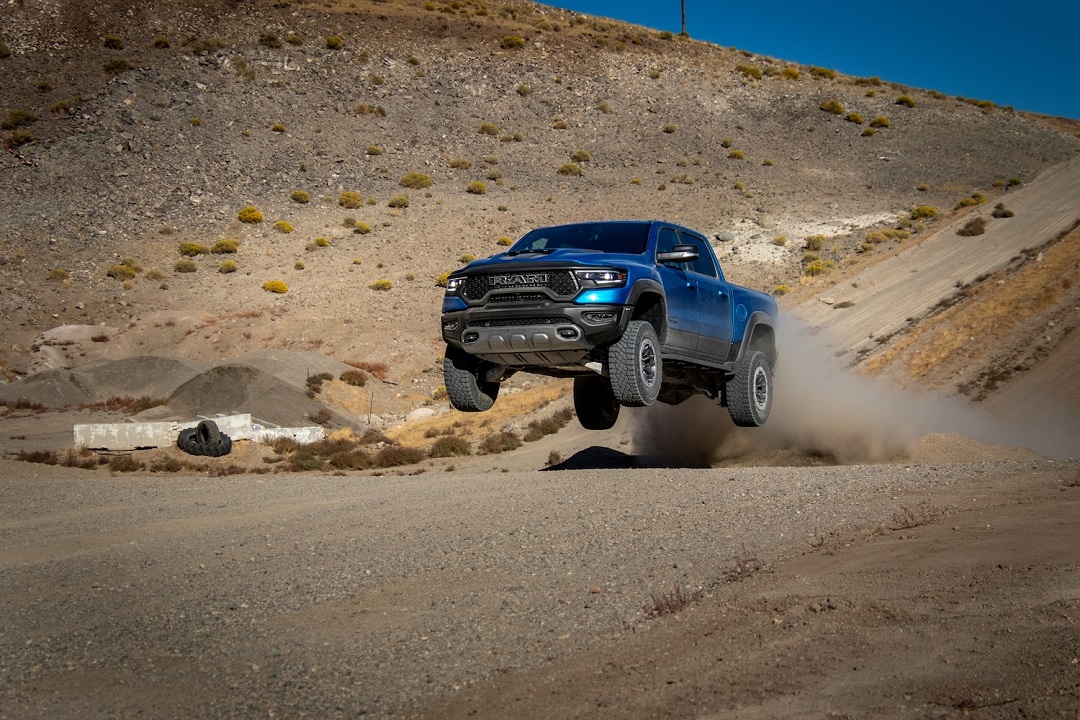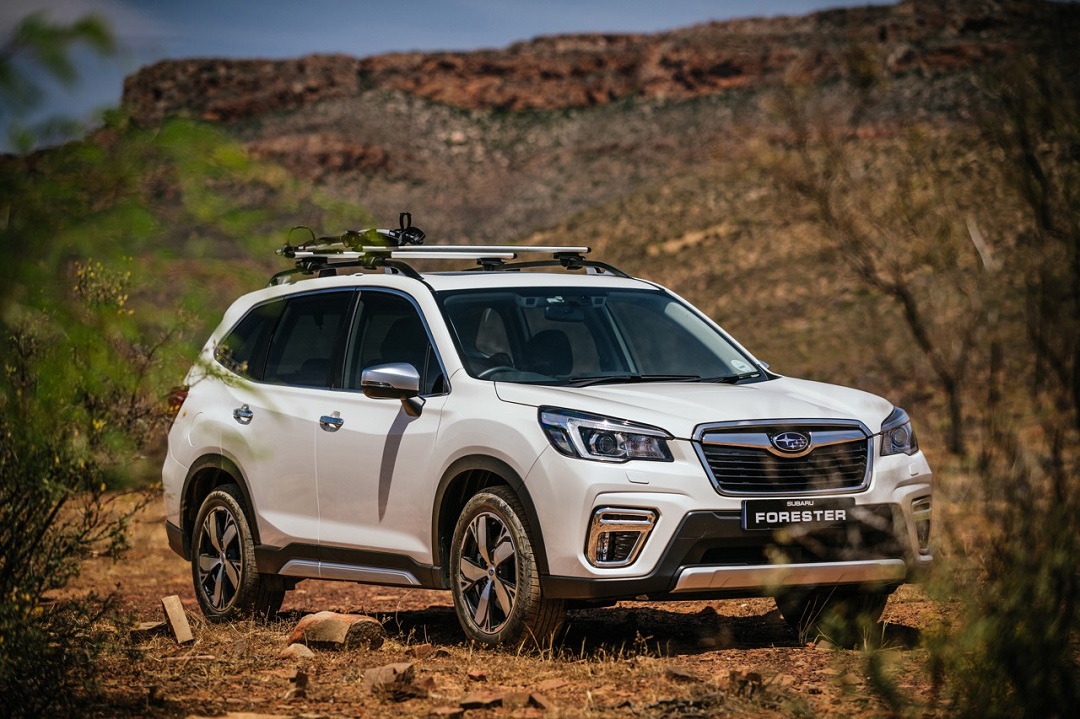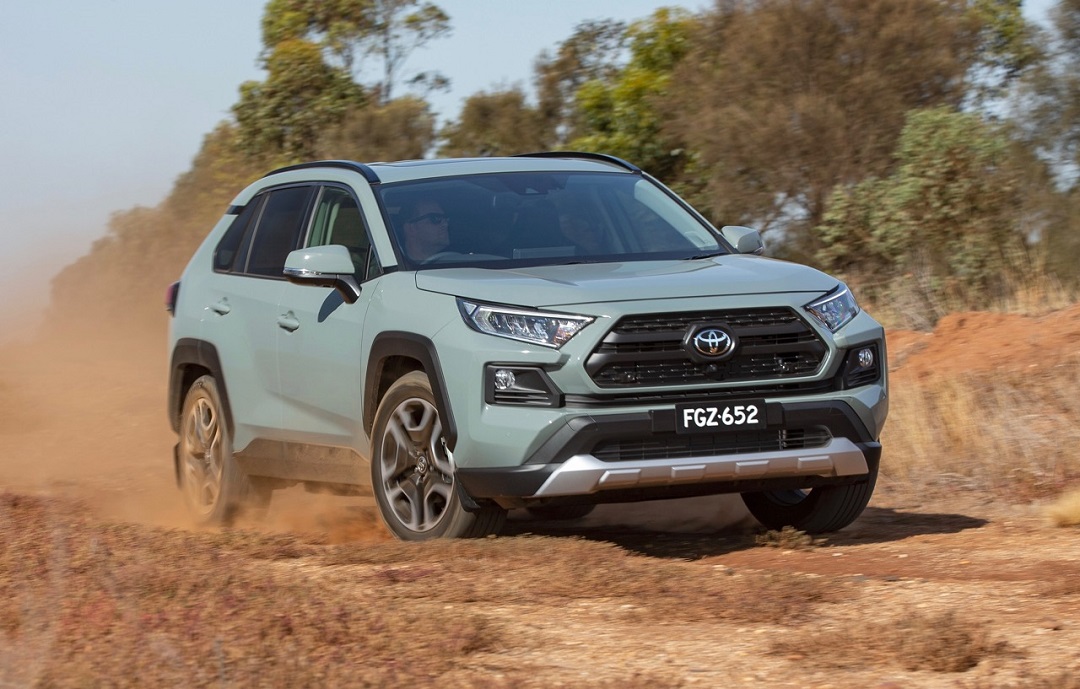In the game of choosing between 4-wheel drive and all-wheel drive there can be some obvios differences.........
In the automotive realm, the battle between 4-wheel drive (4WD) and all-wheel drive (AWD) has been a long-standing debate among enthusiasts, everyday drivers, and even industry experts. Both systems provide enhanced traction and stability, especially in challenging road conditions, but the nuances between the two can significantly impact your driving experience. In this comprehensive guide, we'll delve into the key differences and advantages of 4-wheel drive and all-wheel drive, helping you make an informed decision when it comes to choosing your next vehicle.
The Basics: Understanding 4-Wheel Drive
How it Works: 4-wheel drive, as the name suggests, sends power to all four wheels of a vehicle simultaneously. In traditional 4WD systems, the driver has the option to manually engage or disengage the system, distributing power evenly between the front and rear axles. This feature is especially useful in off-road situations where maintaining traction on all four wheels is crucial.
Terrain Dominance: The primary advantage of 4WD lies in its off-road prowess. Whether you're navigating through mud, snow, or rocky terrains, 4WD provides superior traction and torque distribution. The ability to lock the differentials further enhances this capability, allowing the wheels on the same axle to rotate at the same speed.
Versatility Trade-off: However, the trade-off for this off-road dominance is that 4WD systems are often less versatile on regular roads. The added weight and complexity can lead to decreased fuel efficiency and a less agile driving experience. Many modern 4WD systems offer selectable modes or automatic engagement to address these concerns, making it a more practical choice for a wider range of driving conditions.

2021 Ram 1500 TRX
Decoding All-Wheel Drive (AWD)
How it Works: Unlike 4WD, which is often manually engaged, all-wheel drive systems operate seamlessly and automatically distribute power between the front and rear axles based on traction needs. AWD systems use a center differential that allows for varying amounts of power to be sent to each axle independently. Some AWD systems can also distribute power between individual wheels, providing even more precise control.
On-Road Superiority: AWD shines when it comes to on-road performance, particularly in adverse weather conditions. It's a common feature in many sedans, SUVs, and crossovers because it provides enhanced stability and traction on wet or slippery roads. The continuous adjustment of power distribution ensures optimal grip, making AWD vehicles well-suited for everyday driving in diverse environments.
Off-Road Competence: While AWD systems are generally capable, they may not match the off-road prowess of a dedicated 4WD system. AWD vehicles are equipped to handle light off-road conditions, but they might struggle in more challenging terrains where the driver needs to actively control power distribution.

Choosing the Right System for Your Needs
**1. Off-Road Enthusiast or City Dweller?
- If your adventures frequently take you off the beaten path, and you enjoy conquering challenging terrains, a 4WD system might be the ideal choice.
- For urban dwellers or those who mainly drive on well-maintained roads with occasional rough patches, an AWD system offers the right balance of traction and on-road performance.
**2. Climate Considerations:
- In areas with harsh winters, where snow and ice are common, both 4WD and AWD can provide significant benefits. However, AWD might be more convenient for everyday driving as it adjusts automatically to changing conditions.
- For those living in consistently mild climates, the choice between 4WD and AWD may depend more on personal preferences and driving habits.
**3. Fuel Efficiency:
- 4WD systems are historically associated with reduced fuel efficiency due to their added weight and mechanical complexity. If fuel economy is a top priority, especially for daily commuting, AWD systems tend to be more efficient.
**4. Cost Considerations:
- In general, vehicles equipped with 4WD tend to be more expensive than their AWD counterparts. Additionally, 4WD systems may require more maintenance due to their manual engagement features and off-road capabilities.

The Future of Traction Control: Hybrid and Electric Vehicles
As automotive technology advances, we see an increasing number of hybrid and electric vehicles on the roads. These vehicles often come with electric motors at each axle, providing a unique approach to traction control.
Electric All-Wheel Drive:
- Many electric vehicles (EVs) come standard with all-wheel drive due to the nature of electric motors. Each wheel can be independently powered, allowing for precise control and distribution of torque.
Hybrid Systems:
- Hybrid vehicles often feature electric motors on one axle and a traditional internal combustion engine on the other. This setup provides a form of all-wheel drive, with the electric motor contributing to traction and efficiency.
Conclusion: Making the Right Choice
In the 4WD vs. AWD debate, there's no one-size-fits-all answer. The right choice depends on your individual needs, driving habits, and the environments you frequent. If your adventures regularly lead you off-road and you crave maximum traction control, 4WD might be your best bet. On the other hand, if you're seeking a versatile system that excels in everyday driving conditions, AWD offers a more seamless and efficient solution.
As technology continues to evolve, hybrid and electric vehicles further blur the lines between 4WD and AWD. The future promises even more options for drivers seeking the perfect balance between traction, efficiency, and performance. Ultimately, the decision between 4-wheel drive and all-wheel drive boils down to understanding your unique requirements and finding the vehicle that aligns with your driving preferences. Hopefuly now you have a better idea of what choice to make when you are choosing between 4-wheel drive and all-wheel drive!
